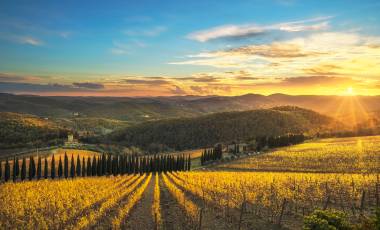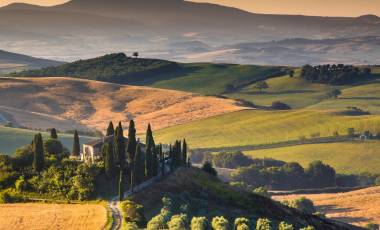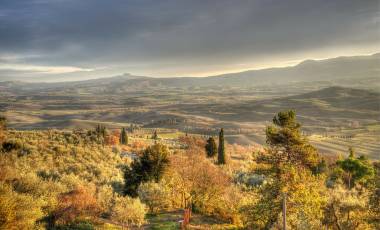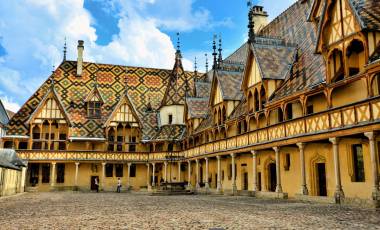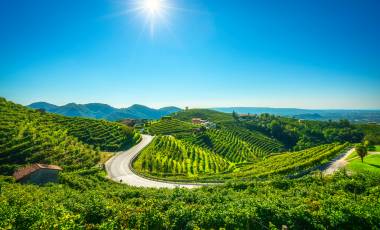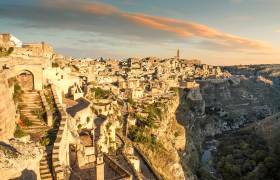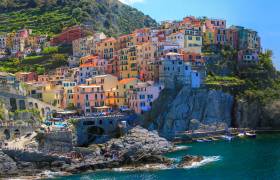One of the world’s best-known and most loved red wines is Chianti, or more specifically the Chianti Classico Wine. Produced in Tuscany, in the region stretching between Florence and Siena, this wine has a long history and a protected wine-making tradition. The Chianti DOCG is divided into seven subzones which include, Chianti Rufina, Chianti Colli Aretini, Chianti Colli Fiorentini, Chianti Colli Senesi, Chianti Colline Pisane, Chianti Montalbano and Chianti Montespertoli. And on our Chianti Walking & Wine trip, you’ll get the opportunity to taste some different varieties of Chianti as you set off from your hotel, in the village of Pancole, just outside San Gimignano.

The Black Rooster Seal
The recognised seal for the Chianti Classico wine is a black rooster on a white background with a circular frame in the colour reminiscent of the Chianti wine itself. Legend, dating back to the 13th century, surrounds this distinctive label, known as the Gallo Nero in Italian.
During this time Florence and Siena were undergoing a land dispute over Chianti. It was decided that it should be settled with a horse race; each would start from its respective city and wherever the horses met, the border would be drawn. The race would begin when the rooster sang at dawn. Cunningly, the Florentines kept their black rooster in a box for several days beforehand with no food. When it was let out of the box on the day of the race, it sang much earlier. With this head start, the Florentines were able to gain a huge advantage over their rivals from Siena and the knights met at just 20km from Siena’s walls. Since then, the black rooster has been the icon of Chianti.
Celebrating 300 years
In 2016, the Chianti Classico celebrated 300 years of recognised wine production. It was in 1716 when Cosimo de’ Medici III, Grand Duke of Tuscany, decreed that this region could use the local Sangiovese grape to produce the Chianti Classico, approved by the Black Rooster Seal.
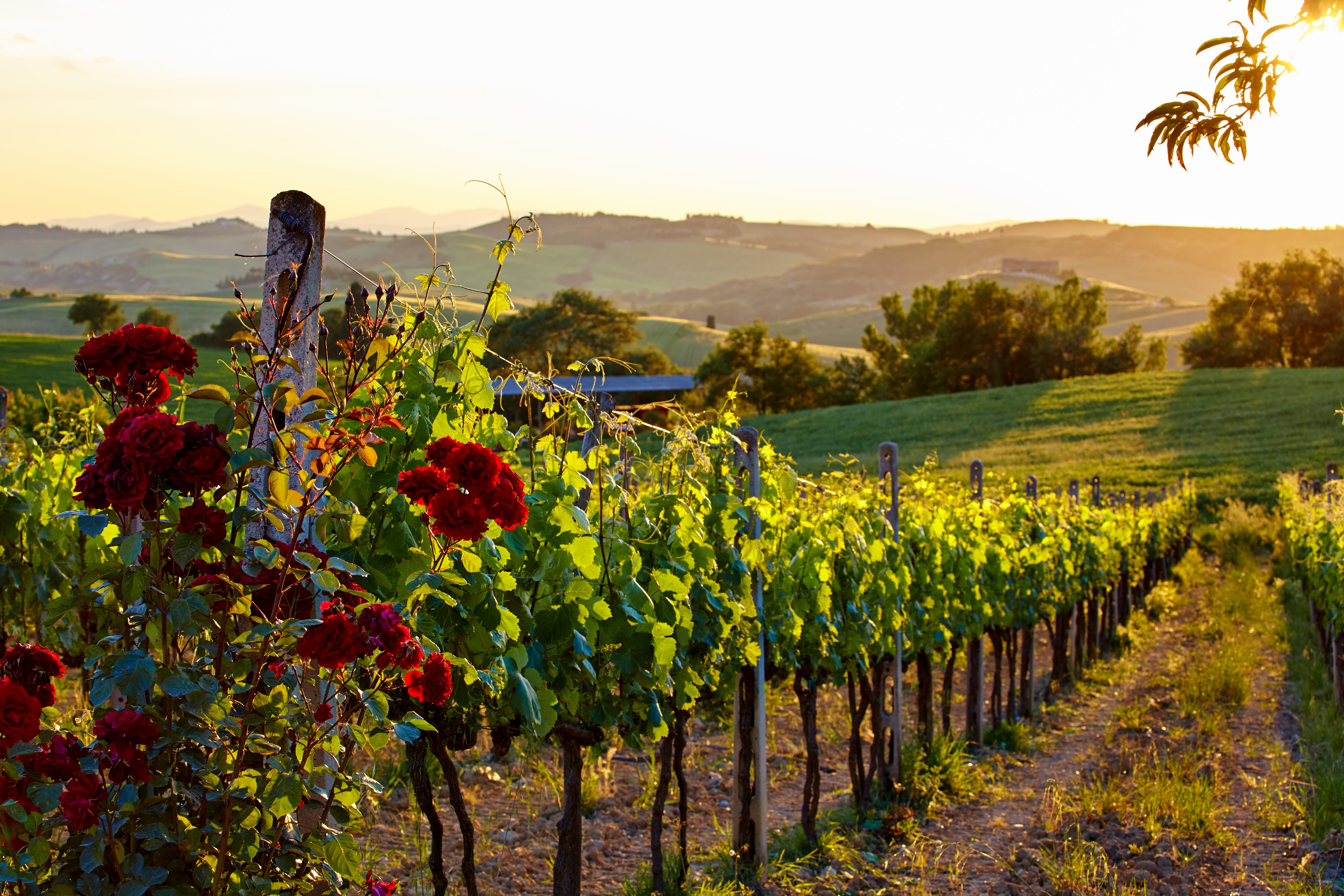
The Chianti Standard
Chianti Classico holds the DOCG standard. Standing for Denominazione di Origine Controllata e Garantita (Denomination of Controlled and Guaranteed Origin), this is the highest designation of quality amongst Italian wines and is a standard recognised by Italian law for producing wine to the strictest of standards with guaranteed geographic authenticity. Chianti Classico is one of only a few wines that qualify.
Using at least 80% of the local red grape, Sangiovese, Chianti Classico is recognised as being a dry red wine with a ruby red colour. Tasting notes are floral and fruity, with an aroma of cherries often present. When it comes to Chianti wines outside the classic zone, the requirement is a minimum of 70% Sangiovese red grape.

Local Wineries
Chianti is a large wine region, with eight districts across Tuscany. The Chianti Classico district is central to the zone. On our Chianti Walking & Wine trip, we are based near San Gimignano and will enjoy wine tastings at one of the most renowned local, family-run winery, belonging to the Chianti Colli Senesi area whilst soaking up this peaceful setting.

Another stop on our tour of Chianti takes us to the picturesque village setting of Radda, which belongs to the Chianti Classico district. Before sampling the much-acclaimed Chianti Classico wine, take time to explore its woodlands and famous, emerald vineyard valleys.
The Chianti region has a reputation for being one of the most beautiful in the whole area, attracting visitors from around the world to come and appreciate its glorious, sun-soaked landscapes and fine red wines. Taking a walking tour around this region to uncover all of its delights, fine wines and delicious cuisine is certainly a holiday well-spent.
If this has inspired you to browse our collection of Italy walking holidays, click here.

